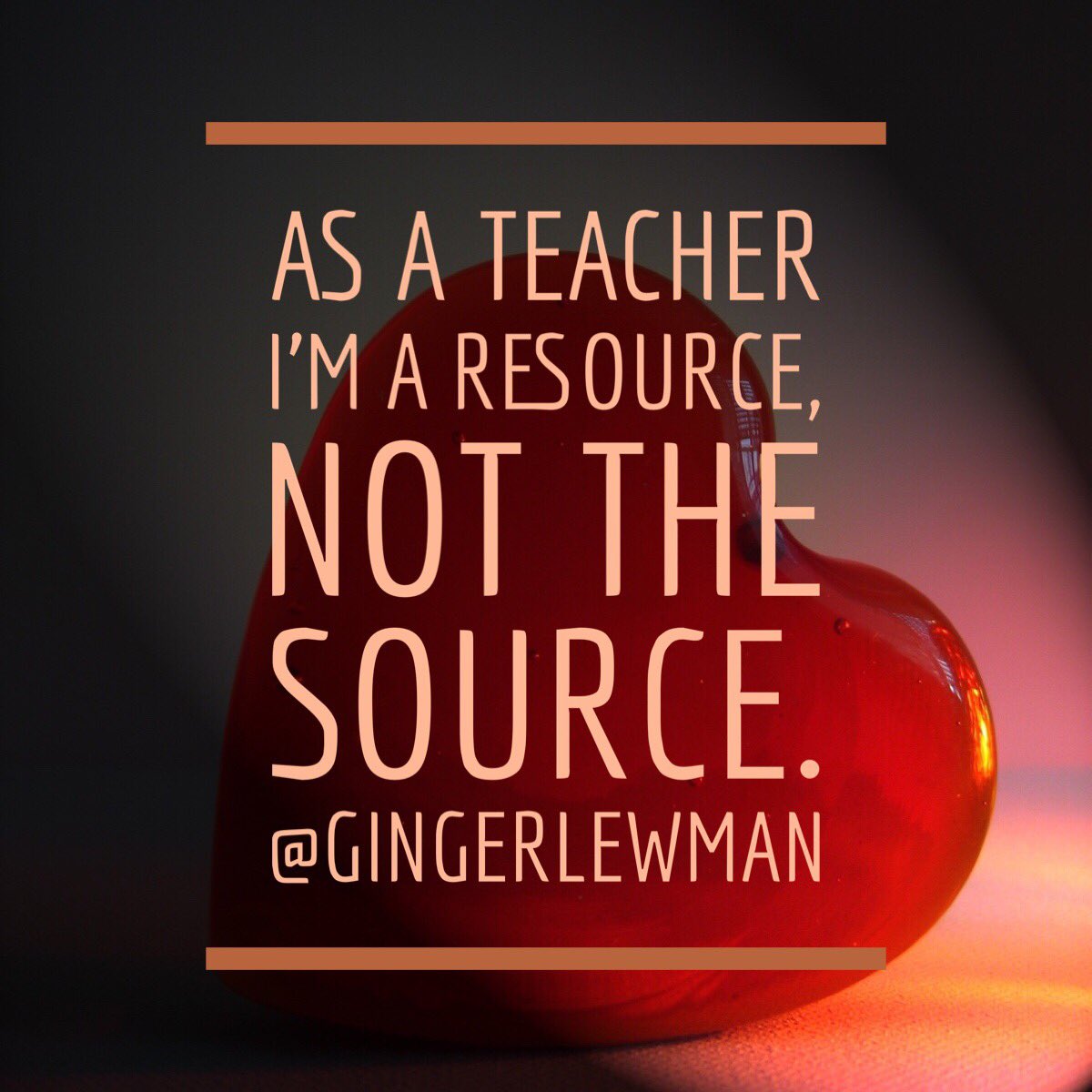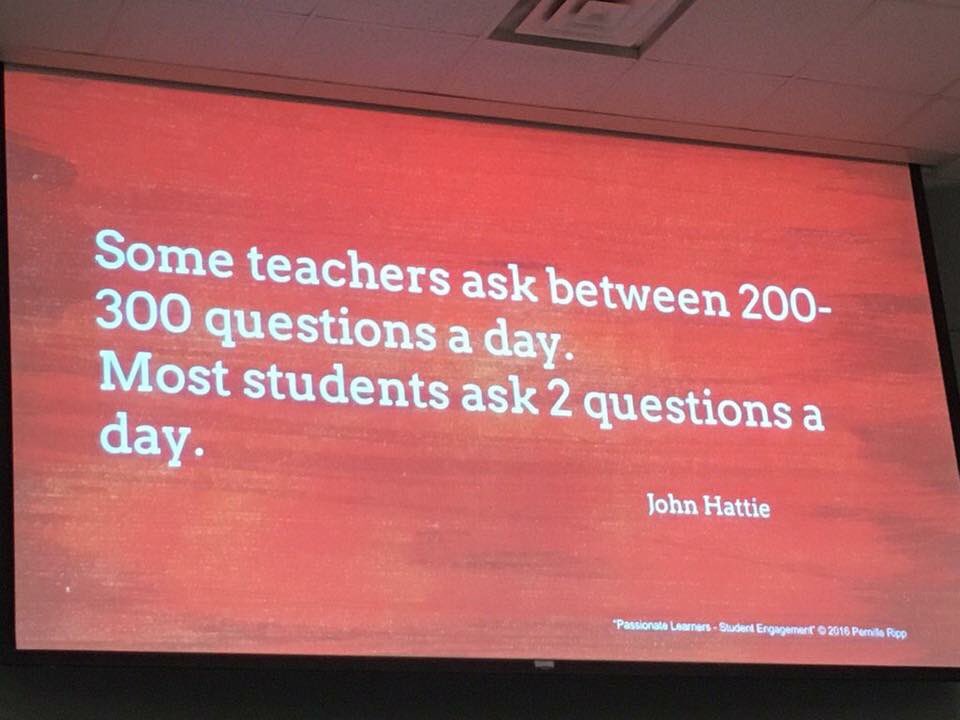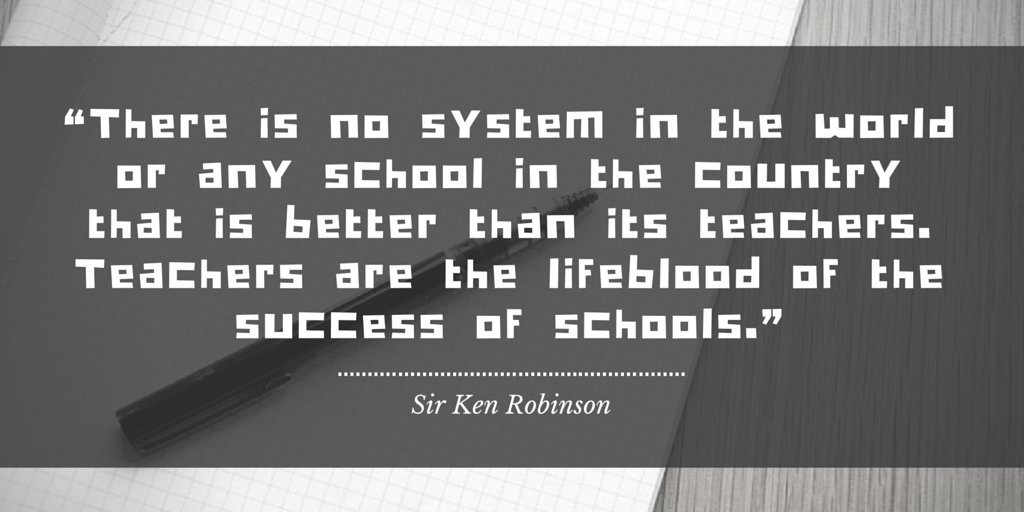
I've never been one to shy away from controversy. Some might say that I can be quite opinionated. I would have to agree. I do hold some strong opinions about things. Lately, though, I find that I am less willing to share my opinions because I'm so tired of the intolerance. I may be opinionated but I am very tolerant of others opinions as well. In fact, I want to hear others express their ideas and opinions, because I believe that helps me learn as well. Many of the opinions I have held have been tweaked and modified because someone else made a good point that I hadn't taken into consideration.
While I'm opinionated, I have also noticed people being intimidated by another person with an opinion. That's the last thing I want people to feel around me. I want to hear what they have to say. Then there are those people who use their strongly worded opinions as a form of intimidation to keep people quiet and not oppose them. They use words like "That's stupid or crazy," because it shuts people up. This tactic is simply a means to shut down any further dialogue and indicate they are not interested in hearing another perspective.
Maybe it's because of my college days studying philosophy cross-legged on the floor in a circle in the professor's office that I learned the value of debating ideas, asking the right questions, and utilizing the Socratic method.

We were taught that the Socratic method was one of the oldest teaching tactics for fostering critical thinking. Using the Socratic method we focus on giving students questions, not answers. We inquire and probe a subject with questions. As a result, we explore elements of reasoning in a disciplined and self-assessing way that heightens learning. Yet, recently, I saw this quote sourced from John Hattie on Twitter that said "Some teachers ask between 200-300 questions a day. Most students ask 2 questions a day." I don't know about you, but there's something critically wrong with this picture. If students are engaged in the learning process, they will ask the questions. Our role as teachers is to engage in such a way that students are drawn into dialogue and discourse that causes them to dig deeper for their own understanding. So why doesn't that happen.
In a recent Gallup Poll, a couple of things were highlighted regarding engagement levels in schools:
Student engagement in school drops precipitously from fifth grade through 12th grade. About three quarters of elementary school kids (76%) are engaged in school, while only 44% of high school kids are engaged. The longer students stay in school, the less engaged they become. If we were doing this right, the trend would be going in the opposite direction.
About seven in 10 K-12 teachers are not engaged in their work (69%). And teachers are dead last among all professions Gallup studied in saying their opinions count at work and their supervisors create an open and trusting environment. We also found that teacher engagement is the most important driver of student engagement. We'll never improve student engagement until we boost teachers' workplace engagement first.

This falls completely in line with the quote from Ken Robinson, who said, " There is no system in the world or any school in the country that is better than its teachers. Teachers are the lifeblood of the success of the schools." While as a teacher and administrator, I wholeheartedly agree. However, there is some onus on teachers to first and foremost possess a positive outlook about students. Sadly, that's not always the case. I have worked in some extremely challenging school environments where teacher opinion or ideas was never listened to or considered. Yet, despite the difficult and hostile work environment, it was my love for students and their learning that kept me coming back day after day because I wanted to instill hope in the kids' lives. I didn't get into teaching for the paycheque or for a job. No. I became a teacher because it was my mission in life to give to students what I never received going to school. I had some horrible experiences as a student in school. I could hardly wait to get out of school. What awaited me in college clearly demonstrated how unprepared I was by high school.
Today, I love learning, and I am learning something new everyday I go to school to teach. I look around me and see families suffering from the loss of employment in this present economy, and I am grateful to be employed. I don't take it for granted. I don't worry too much about work conditions and how alone I feel in my role sometimes. It's not easy to lead, but I hope that I am modelling a hope and a care that I have for students, their learning, and their future. As teachers, sometimes we have to be extremely selfless and humble We make mistakes and fail miserably at times, but that's how we learn. So, yes, teachers are the lifeblood of a school, but they need to possess the ability to breathe that life into their students. Sometimes that means we need to change the way we are doing things, or have done for 20 years. Inherent in the word, "change" is the idea to transform, adjust, adapt, amend, modify, revise, or refine. We don't change for the sake of change or just to be different, but to improve something. That means we need to be open-minded despite our opinions and beliefs and consider the possibilities of improvement. So I've come full circle to where I started. Teachers have lots of opinions, and I love to hear what they have to say, but what I take exception to is; "That won't work," or "That's a stupid or crazy idea," or "I hate change." All which I have heard in the recent years. When educators discount any other thought or opinion in other adults immediately without any discourse, I have to ask, "is that how students feel in the classroom?" Discounted and dismissed?
How many times do students feel that way with me? I hope they don't, but I know I have messed up lots of times over the years. I still make mistakes. But I'm all about the growth mindset for myself and my students. And most importantly, I hope that students are engaged and learning in my classroom.
No comments:
Post a Comment